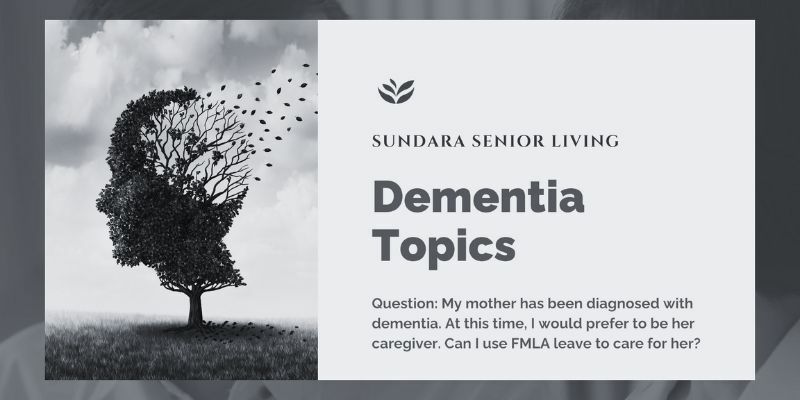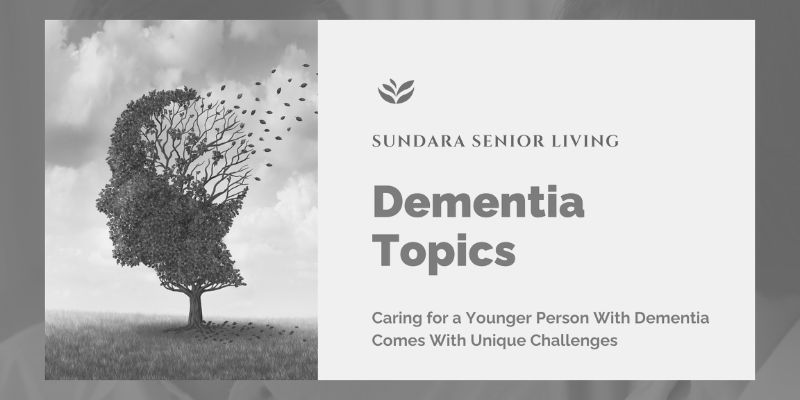Can you use FMLA leave to care for a precious family member with dementia? Here are some resources that can help achieve better care for your loved ones.


Can you use FMLA leave to care for a precious family member with dementia? Here are some resources that can help achieve better care for your loved ones.

Dementia that begins earlier in life is rare, but it does happen. Early-onset dementia can start as early as 30, but usually happens around age 50. Because it starts so much earlier in life, early-onset dementia comes with some unique challenges for individuals, as well as their families.

Early-onset dementia, also known as young-onset dementia, refers to cognitive declines that happen in the brain before age 65. Early-onset dementia is unexpected, meaning that individuals who’ve been diagnosed and their families are usually unprepared for what lies ahead. If you’ve just received an early-onset dementia diagnosis in your family, this blog post can help you to create a care plan for your loved one and to plan for the future.

Are you visiting your aging parents for the holidays and are wondering what signs to look for if you are worried about dementia? Take this time to make sure they are ok and get help if needed.

When we notice changes in our loved one’s behavior and increased forgetfulness it can feel alarming and overwhelming, even if we feel we have prepared ourselves for this moment. What do I do now? Who can I turn to in my area?

Lately you’ve noticed that you’ve been misplacing items or have been a little more forgetful than usual. Are you just getting older? Or is it dementia?

While dementia can’t exactly be inherited as a whole, there are risk factors for dementia–like high cholesterol and diabetes–that run in families.